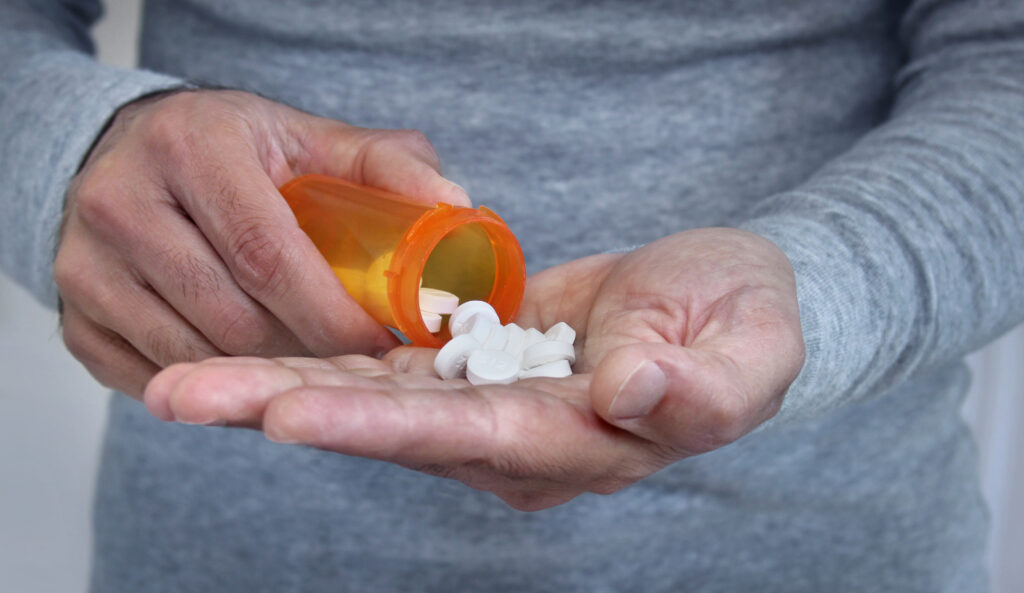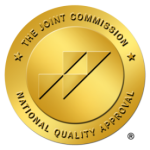At Revive Recovery Center, we understand that recovery isn’t always a straight line. While we aim for continuous sobriety, the reality is that relapse can be part of the journey—not the end of it. If you or someone you love has experienced a relapse, it’s important to know that there is still hope, healing, and a path forward.
What is Relapse?
Relapse is a return to substance use after a period of sobriety. It can happen after days, months, or even years of recovery. Though it can feel discouraging, relapse doesn’t mean failure. In fact, many people in long-term recovery have experienced relapse along the way—it becomes part of their story, not the conclusion.
Why Does Relapse Happen?
Relapse can be triggered by a variety of factors:
- Stress or trauma
- Environmental cues (places, people, or routines linked to past use)
- Emotional challenges like depression, anxiety, or unresolved grief
- Overconfidence or a sense of being “cured”
- Lack of ongoing support
It’s critical to remember that relapse is not a moral failing. It’s a signal, a sign that something in your recovery plan needs to be strengthened or adjusted. Relapse does not mean all of your hard work is wasted, you can continue to utilize the tools you have learned in rehab and treatment as a way to pick yourself back up and start your sobriety journey again.
What To Do After a Relapse
If you’ve relapsed, try to respond with compassion, not shame. We understand that is easier said than done but it is important for us to reiterate.
Here are the steps to take next if you relapse:
Acknowledge It Honestly
Admit what happened without minimizing it or justifying it. Honesty is the first step toward healing.
Reach Out for Support
Contact a sponsor, therapist, or treatment provider. The sooner you reconnect with your support network, the better.
Revisit Your Recovery Plan
Work with professionals to evaluate what led to the relapse and what changes need to be made—this could mean outpatient treatment, additional therapy, or even returning to inpatient care for a time.
Practice Self-Forgiveness
Relapse is painful, but dwelling in guilt doesn’t serve your recovery. Treat yourself with the same grace you would offer someone else.
Get Back on Track
Whether it’s the next hour, the next day, or the next week—the most important thing is to recommit to your recovery.
How to Support a Loved One Who Has Relapsed
Watching someone you love relapse can be heartbreaking. But your response can make a huge difference in their ability to recover again.
Communicate with Compassion
Avoid harsh judgment or anger. Instead, speak with love and concern:
“I’m here for you. I know this is hard, but I believe in you.”
Encourage Professional Help
Help them reconnect with their recovery team or consider a treatment program like Revive Recovery Center. Offer to go with them to a meeting or help make an appointment.
Educate Yourself
Understanding addiction and relapse helps you respond with empathy, not frustration.
Set Healthy Boundaries
Support doesn’t mean enabling. Maintain boundaries that protect both your well-being and theirs.
When to Reach Out for Help
Relapse can be isolating. Shame and fear often keep people from seeking help. But the sooner you reach out, the faster you can get back on track.
At Revive Recovery Center, we offer a safe, supportive environment for individuals who have relapsed and are ready to re-engage with their recovery. Whether it’s your first time in treatment or you’ve been through the journey before—you are not alone.
Don’t Let Relapse Define You – Get Help Today
Recovery is a lifelong journey, and setbacks do not erase the progress you’ve made. Relapse is a chapter, not the conclusion. What matters most is the choice to keep going.
If you or someone you love has experienced a relapse, Revive Recovery Center is here to help—with compassion, expertise, and hope.





